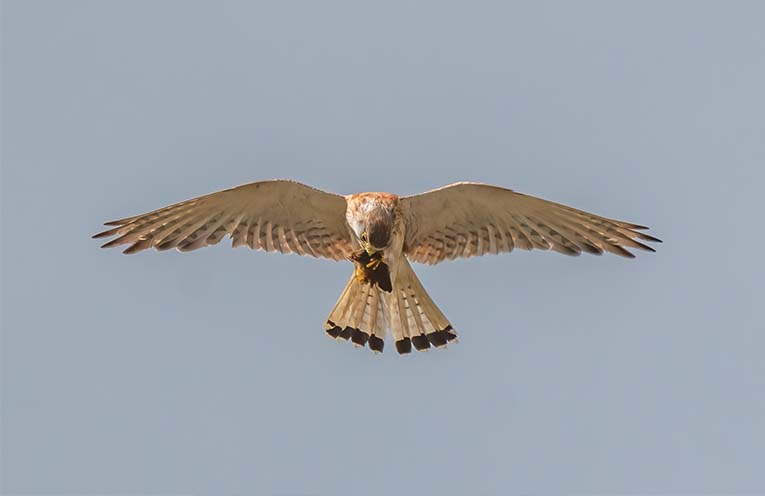
A QUICKLY growing petition is calling for a stop to the sale of poisons designed for the control of vermin due to the knock on effects on birds.
According to BirdLife Australia, the organisation behind the petition, “Second-generation Anticoagulant Rodenticides (SGARs) kill by causing internal bleeding.
 Advertise with News of The Area today.
Advertise with News of The Area today.It’s worth it for your business.
Message us.
Phone us – (02) 4981 8882.
Email us – media@newsofthearea.com.au
“But when rats and mice eat baits poisoned with SGARs, they become poisonous themselves, harming and even killing other animals and birds that eat them.
“SGARs don’t kill immediately either, so the threat can spread through the community, putting even birds and pets in neighbouring yards and local parks at risk.”
EcoNetwork Port Stephens is currently supporting the campaign to stop the supply of SGARs.
“Around Australia, wildlife species continue to die by ingesting mice and rats that have been poisoned by certain rodenticides,” an EcoNetwork spokesperson advised.
“These second generation baits are those which stay in a rodent’s body for a long time before they die.
“This means that animals that hunt live prey such as owls, raptors, kookaburras and reptiles, as well as carnivorous mammals, including pets, can get poisoned if they eat the rodents that are dying slowly and are still mobile.
“Nationally, over 23,000 people have signed a petition calling on Bunnings, the retailer with the biggest range of these deadly products, to take them off their shelves.”
This petition is still active, for more information visit www.actforbirds.org/ratpoison.
“Many EcoNetwork members also signed a petition organised by Birdlife Australia demanding that an application by the New South Wales Department of Primary Industries (NSW DPI) to use bromadiolone to control the mouse plague should not be permitted.”
However, there are other poisons available which break down quicker after use, limiting risk to other fauna, according to EcoNetwork.
“First generation anticoagulant rodenticides, such as warfarin, break down more quickly and therefore there is a much smaller risk to native animals and pets,” the spokesperson said.
According to Birdlife Australia, “Dangerous levels of SGARs have been found in studies on dead Australian birds including Powerful Owls, Southern Boobooks, Wedge-tailed Eagles, and Tawny Frogmouths.”
By Marian SAMPSON
